San Francisco Department of Environment officials who spoke with The Wall Street Journal said letters will be sent out over the next two weeks to the city's 50 agencies that Macs "no longer qualify" for purchase with city funds. Jon Walton, San Francisco's chief information officer, said city employees will still be able to buy Macs, but that doing so will require a "long" and "onerous" process that will make it "very problematic" to do so.
Tuesday's report portrayed the city's decision as "largely symbolic," as only between 500 and 700 of its municipal computers are Macs, representing 1 to 2 percent of its total usage.
Last week, it was revealed that Apple has asked the government-backed electronics standard setting group EPEAT to remove 39 desktops, laptops and monitors from its list of environmentally friendly devices. The move even removed legacy devices that already held EPEAT certification from the agency's list.
The Electronic Product Environmental Assessment Tool was the result of a U.S. Environmental Protection Agency grant awarded to the Zero Waste Alliance for an electronics assessment program.
The MacBook Pro with Retina display environmental information no longer mentions the EPEAT standard
and was not submitted for certification. | Source: Apple
San Francisco may be just the first government agency to move away from Macs following Apple's decision. Because of a 2007 executive order, 95 percent of all federal agency purchases must be EPEAT-registered products, and many manufacturers strive to attain the group's "Gold" rating.
EPEAT certification requires that a product must be easily disassembled with common tools to have toxic components like batteries separated from recyclable materials. Apple's products have become increasingly difficult to take apart, as evidenced by iFixit giving the company's new Retina display MacBook Pro its lowest ever repairability score of 1 out of 10.
Apple's decision to remove EPEAT certification from its Mac lineup is curious, because the company helped to create the EPEAT standards in 2006. The company also regularly discloses environmental assessments of its products and supply chain partners, and even touts how "green" its products are at keynote presentations.
But the new Retina display MacBook Pro would not have been eligible for EPEAT certification because its battery is glued to the case, the organization's CEO, Robert Frisbee, told the Journal. An Apple staffer reportedly told EPEAT in June that the Mac maker was leaving the registry because of changes to its "design direction."
 Katie Marsal
Katie Marsal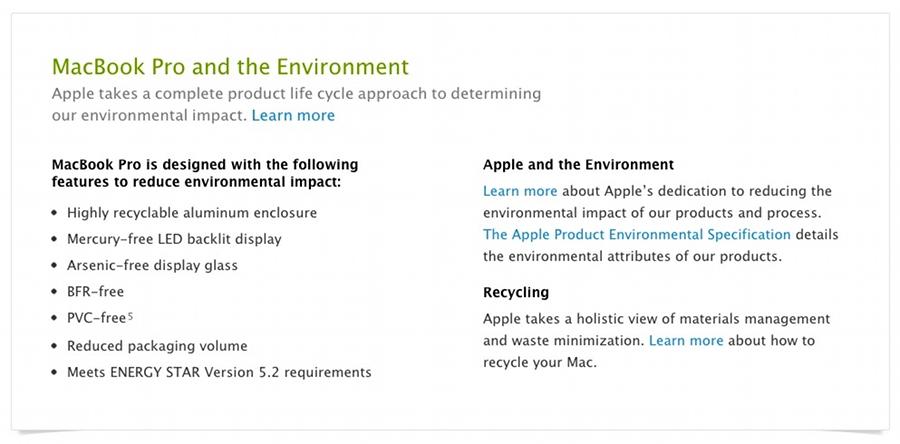

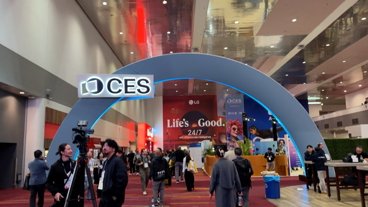
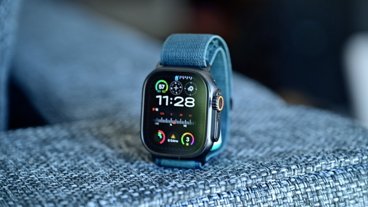


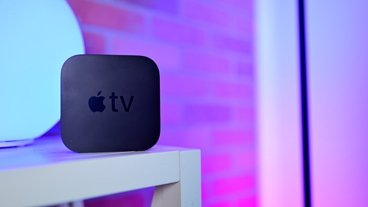

-m.jpg)





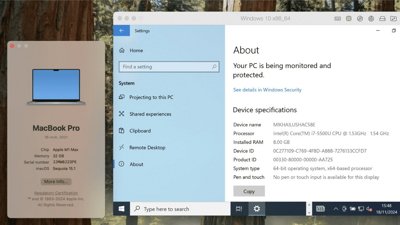
 Malcolm Owen
Malcolm Owen
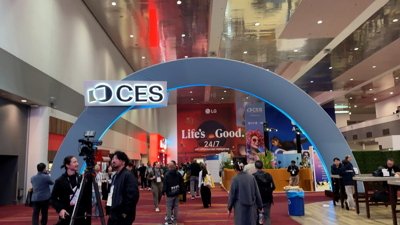
 Andrew O'Hara
Andrew O'Hara
 Christine McKee
Christine McKee
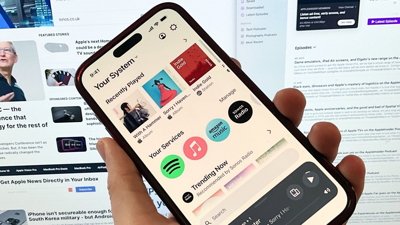
 William Gallagher
William Gallagher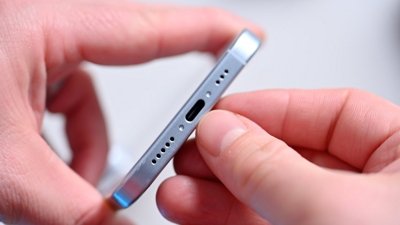
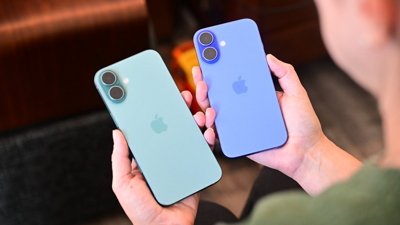
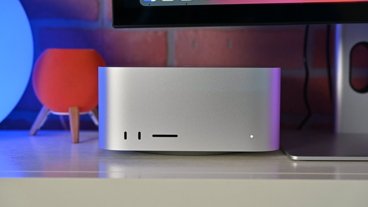
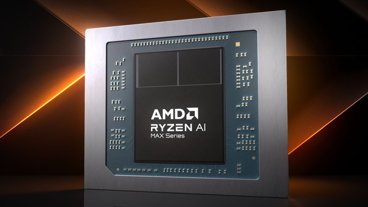






195 Comments
[quote name="AppleInsider" url="/t/151192/san-francisco-to-cease-mac-purchases-without-epeat-certification#post_2143788"]But the new Retina display MacBook Pro would not have been eligible for EPEAT certification because its battery is glued to the case, the organization's CEO, Robert Frisbee, told the Journal. An Apple staffer reportedly told EPEAT in June that the Mac maker was leaving the registry because of changes to its "design direction."[/quote] It's really sad how we let idiots make decisions for us. Glue does not make the laptop any less recyclable - and Apple leads the industry (by far) in recyclability of its computers.
[quote name="AppleInsider" url="/t/151192/san-francisco-to-cease-mac-purchases-without-epeat-certification#post_2143788"]Officials in the city of San Francisco are moving to block the purchases of new Macs after Apple removed EPEAT certification from its laptops and desktops.[/quote] In other news, Apple to move all business to Indiana.
[quote name="jragosta" url="/t/151192/san-francisco-to-cease-mac-purchases-without-epeat-certification#post_2143796"] It's really sad how we let idiots make decisions for us. Glue does not make the laptop any less recyclable - and Apple leads the industry (by far) in recyclability of its computers.[/quote] Are you a recycling specialist? Apparently no, because glue does make recycling much more difficult.
If some Apple products, for the sake of advancement, are going to get recycled by methods that don’t fit the current EPEAT rules, then so be it. No avoiding this. Just so long as they still are recyclable, and Apple sees to it that they get recycled! Which Apple does do.
It IS a great thing, on some level, to keep using the same old construction techniques that support the most common recycling methods. But coming up with NEW construction techniques that have real value, and new recycling methods to deal with that, is simply necessary sooner or later.
It does seem like Apple should keep their legacy products on the list for now, though.
I also hope the chosen glue isn’t needlessly hazardous!
(I wonder if Apple is trying behind the scenes to get the rules updated to allow for newer construction methods?)
The real reason is that Apple only supports Thunderbolt and USB ports and has not adopted the new GLBT universal access ports.